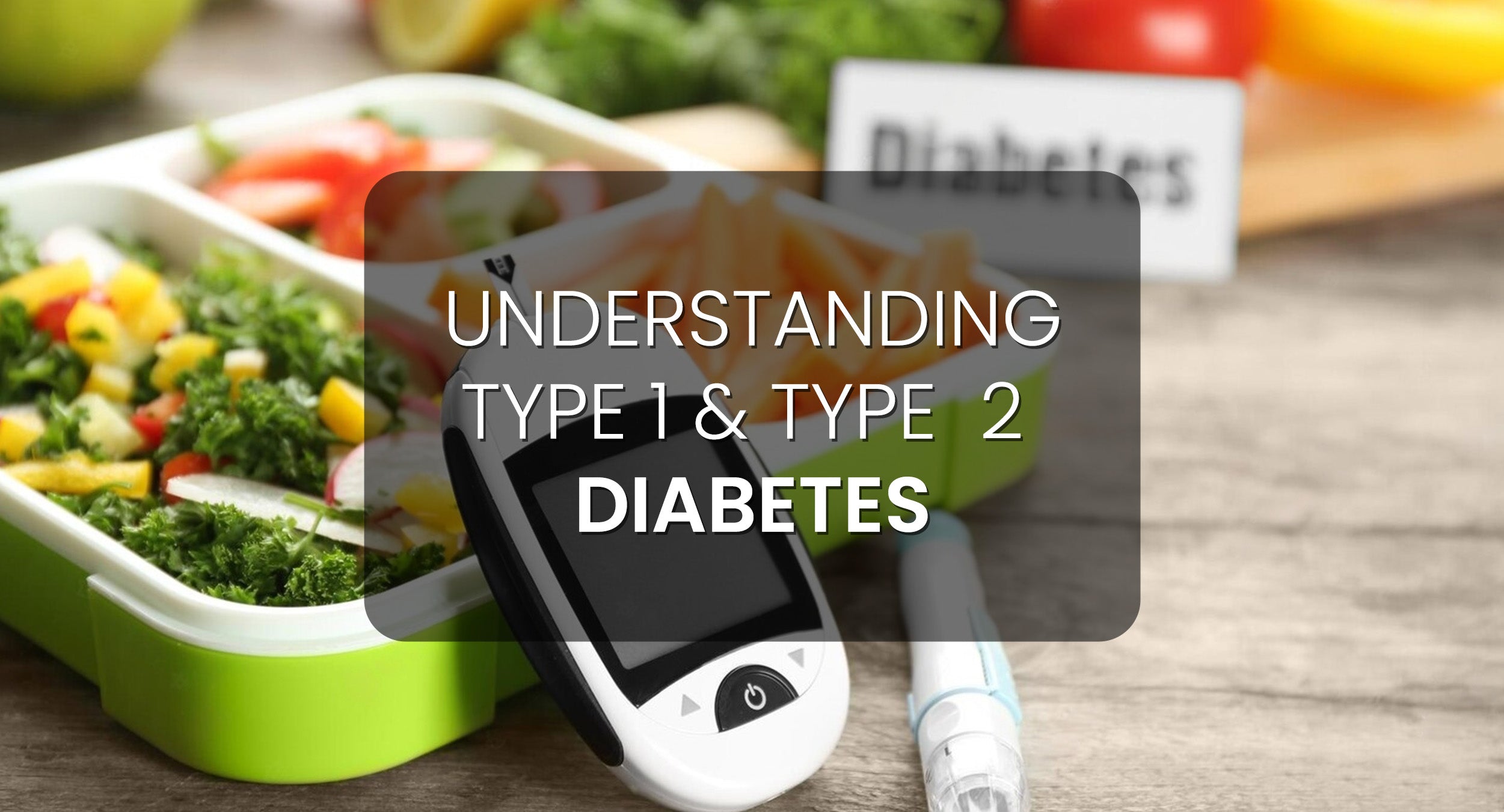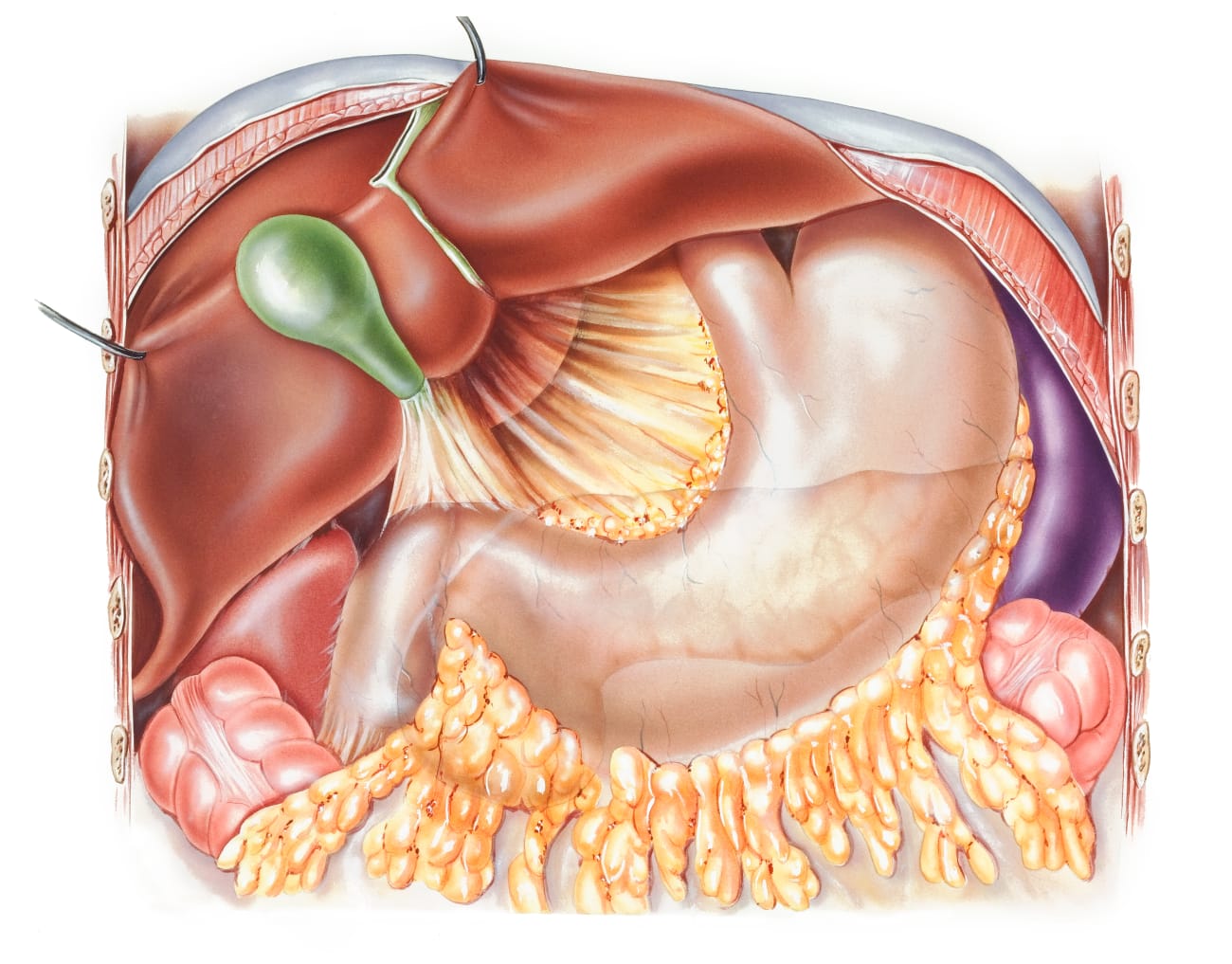The Connection Between Type 2 Diabetes and Erectile Dysfunction

Erectile dysfunction (ED) is a common issue that affects millions of men worldwide. It refers to the inability to achieve or maintain an erection sufficient for sexual intercourse. While there are various causes of ED, one factor that can significantly contribute to its development is type 2 diabetes. In fact, studies have shown that men with type 2 diabetes are two to three times more likely to experience erectile dysfunction compared to those without the disease.
This connection between type 2 diabetes and erectile dysfunction is not only prevalent but also has significant implications for patients’ quality of life. In this blog post, we will explore the relationship between type 2 diabetes and erectile dysfunction, the risk factors for developing ED in patients with type 2 diabetes, and management and treatment options available.
Understanding the Connection Between Type 2 Diabetes and Erectile Dysfunction
To understand the link between type 2 diabetes and erectile dysfunction, it is essential to first understand what happens in the body when a man has an erection. When a man is sexually stimulated, the brain sends signals to the nerves in the penis, causing the muscles to relax and blood to flow into the chambers within the penis. This increased blood flow results in an erection. However, for men with type 2 diabetes, this process may not work as it should.
Type 2 diabetes is a chronic condition characterized by high levels of sugar (glucose) in the blood due to the body’s inability to produce enough insulin or use it effectively. Over time, high levels of glucose in the blood can damage the nerves and blood vessels, including those responsible for achieving and maintaining an erection. This damage can lead to difficulties in getting or keeping an erection, resulting in erectile dysfunction.
The Role of High Blood Sugar Levels in Erectile Dysfunction
High blood sugar levels in people with type 2 diabetes can directly affect the blood vessels in the penis, causing them to narrow and restrict blood flow. This restricted blood flow can impair the ability to achieve and maintain an erection. Additionally, high blood sugar levels can also damage the nerves that control erections, leading to problems with sexual function.
Aside from blood vessel and nerve damage, high blood sugar levels can also affect the production of nitric oxide (NO) in the body. Nitric oxide is a natural substance that helps to relax the muscles in the penis and promote blood flow, essential for achieving an erection. When there is inadequate production of NO, it can result in difficulties in getting and maintaining an erection.
Risk Factors for Developing Erectile Dysfunction with Type 2 Diabetes
While having type 2 diabetes increases the risk of experiencing erectile dysfunction, certain factors can further increase this risk. These include:
- Age: As men age, they are more likely to experience erectile dysfunction, and this risk increases even more in those with type 2 diabetes.
- Duration of diabetes: The longer a person has had type 2 diabetes, the higher their risk of developing erectile dysfunction.
- Poor glucose control: Uncontrolled diabetes can lead to more severe nerve and blood vessel damage, increasing the likelihood of developing erectile dysfunction.
- Obesity: Being overweight or obese can increase the risk of both type 2 diabetes and erectile dysfunction.
- Smoking: Smoking can negatively impact blood vessels and contribute to erectile dysfunction.
- Other health conditions: Certain health conditions such as heart disease, high blood pressure, and depression can also increase the risk of erectile dysfunction in patients with type 2 diabetes.
It is essential to note that while these risk factors may increase the likelihood of developing erectile dysfunction, it does not mean that everyone with type 2 diabetes will experience it. Many people with type 2 diabetes do not develop erectile dysfunction, but it is still crucial to understand the risk factors and take preventive measures.
The Importance of Men’s Health Common Concerns, Maintaining a Healthy Lifestyle, and More
Managing and Treating Erectile Dysfunction in Patients with Type 2 Diabetes
The good news is that erectile dysfunction in patients with type 2 diabetes can be managed and treated effectively. The first step towards managing ED is to control blood sugar levels through a healthy diet, regular exercise, and medication as prescribed by a doctor. This will help prevent further nerve and blood vessel damage and improve overall sexual function.
Apart from controlling blood sugar levels, there are other treatment options available for erectile dysfunction in patients with type 2 diabetes. These include:
Oral Medications
Oral medications, such as Viagra, Cialis, and Levitra, are the most common treatment option for erectile dysfunction. These drugs work by increasing blood flow to the penis, making it easier to achieve and maintain an erection. However, these medications may not be suitable for everyone, especially those with heart disease, kidney disease, or high blood pressure. It is essential to consult with a doctor before taking any oral medication for erectile dysfunction.
Advantages
- Widely available.
- Effective in many men with type 2 diabetes.
- Can be taken on-demand, with minimal side effects.
Disadvantages
- May not be suitable for individuals with certain health conditions.
- May interact with other medications.
- May cause side effects like headaches, flushing, and indigestion.
Vacuum Constriction Devices
A vacuum constriction device, also known as a penis pump, is a plastic cylinder that fits over the penis. Using manual or battery-powered pumps, the device draws blood into the penis, creating an erection. Once an erection is achieved, a tension ring is placed at the base of the penis to keep the blood in and maintain the erection.
Advantages
- Non-invasive and non-pharmaceutical.
- Can be used in combination with other treatments.
- May be effective in men who cannot take oral medications.
Disadvantages
- May cause bruising or pain.
- May not be suitable for men with bleeding disorders.
- May cause numbness or coldness in the penis.
Testosterone Replacement Therapy
Testosterone is a male hormone that plays a crucial role in sexual function. Low testosterone levels can contribute to erectile dysfunction, and some men with type 2 diabetes may have low levels of testosterone. Testosterone replacement therapy involves administering testosterone through injections, patches, gels, or pellets to increase levels of this hormone in the body.
Advantages
- Can improve libido and sexual function.
- Can also help with other symptoms of low testosterone, such as fatigue and depression.
- Available in various forms for convenience.
Disadvantages
- Can cause side effects like acne, breast enlargement, and decreased sperm production.
- May increase the risk of prostate cancer in some men.
- May not be suitable for individuals with certain health conditions.
The Role of Lifestyle Changes in Preventing Erectile Dysfunction in Type 2 Diabetes
Unlocking Male Health Solutions A Comprehensive Guide
Aside from medication, making lifestyle changes can also play a significant role in preventing erectile dysfunction in patients with type 2 diabetes. These changes may include:
Maintaining a Healthy Diet
A healthy diet is essential for managing and preventing complications related to type 2 diabetes, including erectile dysfunction. A diet rich in fruits, vegetables, whole grains, and lean protein sources can help control blood sugar levels, reduce inflammation, and promote overall good health.
Regular Exercise
Exercise has numerous benefits for people with type 2 diabetes, including improving blood sugar control, reducing stress and anxiety, and promoting weight loss. Being physically active can also improve circulation and prevent nerve damage, both of which can contribute to erectile dysfunction.
Quitting Smoking
Smoking can significantly impact cardiovascular health and increase the risk of erectile dysfunction. Quitting smoking can improve heart health and reduce the risk of developing ED.
Medication Options for Erectile Dysfunction in Patients with Type 2 Diabetes
In addition to oral medications, there are other medication options available for patients with type 2 diabetes who experience erectile dysfunction. These include:
Alprostadil Injections
Alprostadil is a medication that can be injected directly into the penis to produce an erection. This drug stimulates blood flow to the penis and helps men achieve an erection. It may also be used in combination with other treatments for optimal results.
Advantages
- Can be effective for men who do not respond to other treatments.
- Can be used alongside oral medications.
- Can be used on-demand.
Disadvantages
- May cause pain and scarring at the injection site.
- Not suitable for men with bleeding disorders.
- May cause priapism (prolonged erection) in some cases.
Intraurethral Suppositories
Intraurethral suppositories are small pellets placed inside the urethra using a special applicator. Once inserted, the medication dissolves, increasing blood flow and causing an erection.
Advantages
- Non-invasive.
- Can be used on-demand.
- Fewer side effects compared to other medications.
Disadvantages
- May cause mild pain or burning sensation.
- May be less effective than other treatment options.
- May not be suitable for individuals with certain health conditions.
Unlocking the Surprising Cranberry Benefits for Men
Exploring Alternative Treatments for Erectile Dysfunction in Type 2 Diabetes
Aside from traditional medical treatments, some men may choose to explore alternative treatments for erectile dysfunction. While there is limited scientific evidence to support their effectiveness, some men have reported positive results from the following:
Acupuncture
Acupuncture is a form of traditional Chinese medicine that involves inserting thin needles into specific points on the body to stimulate energy flow. Some studies suggest that acupuncture may help improve sexual function in men with erectile dysfunction.
Herbal Supplements
Certain herbs, such as ginseng and gingko biloba, have been used traditionally to improve sexual function. While some studies have shown potential benefits, more research is needed to confirm their effectiveness in treating erectile dysfunction.
Psychological Therapies
Erectile dysfunction can often have psychological causes, such as stress, anxiety, or depression. In these cases, psychological therapies such as counseling or cognitive behavioral therapy (CBT) may be helpful in managing erectile dysfunction. These therapies can help address underlying psychological issues and improve overall sexual function.
The Impact of Type 2 Diabetes on Sexual Function and Quality of Life
Erectile dysfunction not only affects sexual function but also has a significant impact on a person’s quality of life. Men with type 2 diabetes who experience ED may feel embarrassed, frustrated, and isolated. It can also lead to relationship problems and affect self-esteem and confidence.
Moreover, the impact of erectile dysfunction goes beyond just the physical and emotional aspects. Studies have shown that there is a strong association between erectile dysfunction and cardiovascular diseases. Men with erectile dysfunction are at a higher risk of developing heart disease, stroke, and other serious health conditions. This highlights the importance of addressing and managing erectile dysfunction in patients with type 2 diabetes.
Addressing Psychological Factors in Erectile Dysfunction and Type 2 Diabetes
As mentioned earlier, psychological factors can play a significant role in erectile dysfunction, especially in men with type 2 diabetes. Therefore, it is essential to address any underlying psychological issues to effectively manage and treat ED. Some ways to address psychological factors include:
- Seeking professional help: Talking to a therapist or psychologist can help individuals cope with the emotional impact of erectile dysfunction and address underlying psychological issues.
- Communicating with your partner: Open communication with your partner about your feelings and concerns can help strengthen your relationship and alleviate stress.
- Educating yourself: Learning more about type 2 diabetes and erectile dysfunction can help you understand the condition better and reduce anxiety and fear.
- Seeking support: Joining support groups or talking to others who have experienced similar issues can help individuals cope with erectile dysfunction and feel less alone in their struggles.
Preventing and Managing Complications of Erectile Dysfunction in Type 2 Diabetes
One of the major complications of erectile dysfunction in patients with type 2 diabetes is a reduced quality of life. However, there are other potential complications that individuals should be aware of, such as:
Relationship Problems
Erectile dysfunction can create tension and strain in a relationship, leading to communication issues, loss of intimacy, and even separation or divorce in severe cases. It is essential to address ED and its impact on relationships early on to prevent these complications.
Mental Health Issues
Men with erectile dysfunction may experience mental health problems such as depression, anxiety, and low self-esteem. These issues can significantly affect a person’s overall well-being and should not be ignored.
Cardiovascular Diseases
As mentioned earlier, erectile dysfunction can be an early warning sign of underlying cardiovascular diseases. Therefore, it is crucial to manage ED and monitor cardiovascular health through regular check-ups and follow-up appointments with a doctor.
The Importance of Regular Check-Ups for Patients with Type 2 Diabetes and Erectile Dysfunction
Regular check-ups are essential for individuals with type 2 diabetes and erectile dysfunction. These check-ups allow doctors to monitor blood sugar levels, assess sexual function, and screen for any complications that may arise. Moreover, these appointments also provide an opportunity to discuss any concerns or questions about managing ED and optimizing treatment.
Conclusion
In conclusion, the connection between type 2 diabetes and erectile dysfunction is significant and cannot be ignored. While having type 2 diabetes increases the risk of developing erectile dysfunction, it does not mean that everyone with the condition will experience it. Understanding the risk factors, managing blood sugar levels, and seeking appropriate treatment can help prevent and manage erectile dysfunction in patients with type 2 diabetes.
Moreover, addressing underlying psychological factors and seeking support can also play a crucial role in improving overall sexual function and quality of life. Regular check-ups and open communication with healthcare providers are essential for effectively managing and treating erectile dysfunction in patients with type 2 diabetes.
















